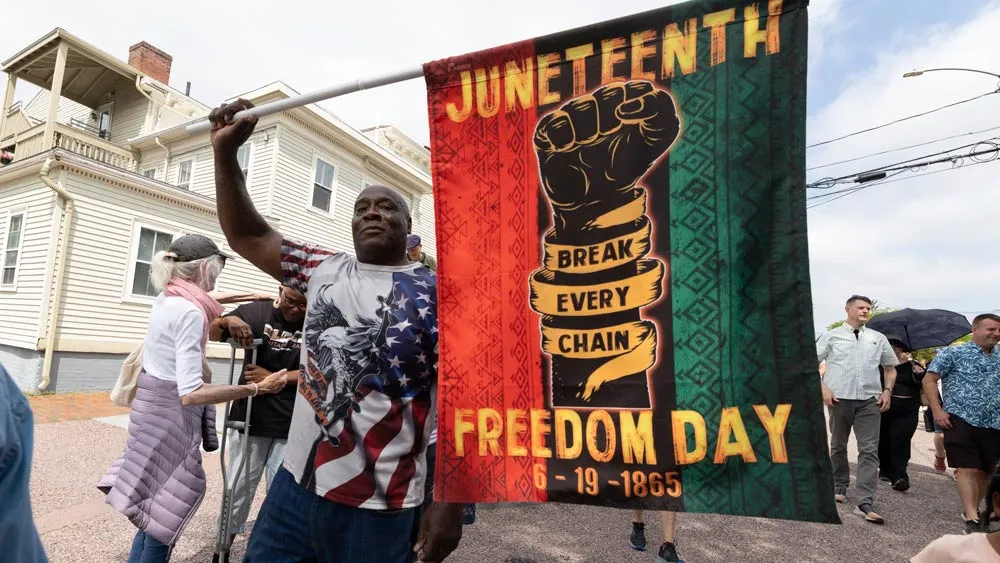September 19, 2013
Labor Dept.: Same-Sex Spouses Have Benefit Rights
Jason St. Amand READ TIME: 2 MIN.
Legally married same-sex couples enjoy the same federal rights as other married couples when it comes to pensions, 401(k)s, health plans and other employee benefits, even if they live in states that don't recognize their union, the Labor Department said Wednesday.
The new guidance is the latest effort by the Obama administration to clarify questions left unanswered after the Supreme Court's landmark ruling in June which invalidated part of the 1996 Defense of Marriage Act. The interpretation is consistent with a ruling from the Internal Revenue Service last month that legally married gay couples can file joint federal tax returns even if they reside in states that do not recognize same-sex marriages.
"This decision represents a historic step toward equality for all American families, and I have directed the department's agency heads to ensure that they are implementing the decision in a way that provides maximum protection for workers and their families," said Labor Secretary Thomas Perez.
The agency said the terms "spouse" and "marriage" in the Employee Retirement Income Security Act should be read to include same-sex couples regardless of where they currently reside. That means a gay couple that marries legally in Minnesota or New York can still participate equally in retirement and other federal employee benefits if they move to Florida, where gay marriage is not legal.
The interpretation "provides a uniform rule of recognition that can be applied with certainty by stakeholders, including employers, plan administrators, participants, and beneficiaries," the agency said.
Groups that represent large employers welcomed the guidance, saying it makes it easier for companies operating across the country to have uniform rules to follow when it comes to issues like spousal consent on distribution of benefits and survivorship rights. Gay marriage is currently legal in 13 states and the District of Columbia. The new guidance extends federal employee benefit rights to married same-sex couples in the other 37 states - even those that have laws refusing to recognize same-sex marriages performed elsewhere.
"We're looking for consistency among all the federal agencies and consistency from one state to another," said Scott Macey, president of the ERISA Industry Committee that represents large employers. "We view this as a positive step to continue to help clarify the impact of the decision."
Brian Moulton, legal director of the Human Rights Campaign, the nation's largest gay rights group, praised the government's action.
"We're pleased to see yet another agency issuing guidance implementing the decision and recognizing individuals as lawfully married for federal purposes even if they live in a state that doesn't recognize their marriage," Moulton said.
Benefits experts said lingering questions still persist, though, including questions about whether the Supreme Court's decision is retroactive to benefits that have already been paid out before the case was decided. Those questions likely will be addressed by the courts.



